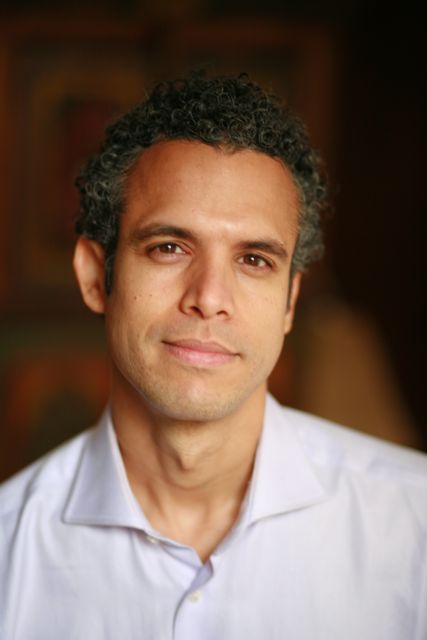Sparked by recent anti-Trump protests that escalated to violence, Matthew Yglesias reviews recent research on the political consequences of violent protest and references my work:
Princeton professor Omar Wasow has a relevant paper that examined county-level voting patterns in the 1960s. What he found is that exposure to nonviolent protests pushed people to vote for the more liberal presidential candidate, while exposure to violent ones pushed people to vote for the more conservative candidate.
For more, see: http://www.vox.com/2016/6/4/11850532/anti-trump-riot-counterproductive
Nightline recently investigated allegations of racial discrimination in the “sharing economy” following the rise of the #AirbnbWhileBlack hashtag on Twitter. While some prior research has focused on the role anonymity in reducing bias, I argue that the key issue in this case is whether transactions are automatic or optional. Though Uber and Airbnb are often thought of as similar kinds of online marketplaces, Uber’s matchmaking happens without much input from either party while Airbnb grants hosts significant control of whether to accept a particular guest. Here’s the relevant passage:
“On a service like Airbnb where you’re not necessarily automatically matched, the host has some discretion about accepting you or rejecting you. It invites the kind of discrimination that we’ve seen for a long time in accommodations,” Omar Wasow, an assistant politics professor at Princeton University, told “Nightline.” “The internet is not a utopia. It reflects the same kinds of social biases that we see in the real world.”
Wasow, who focuses on race and technology, argues that on-demand sites and apps have the potential to reduce subtle and not-so-subtle forms of discrimination.
For example, Uber has been credited by some for making it easier to hail a taxi for people of color. The key may be the app’s interface, which makes it harder for drivers to refuse passengers on the basis of their race or their destination.
“What’s nice about what’s happening on Uber is there’s no discretion for the driver or the passenger in this kind of instant matchmaking to say, ‘I don’t want that type of person to be driving me,'” Wasow said. “And so the instant matching has the effect of reducing the individual discretion where those sort of implicit biases may come to play a role in the judgment of the passenger and the driver.”
See the article and video segment, here: http://abcnews.go.com/Lifestyle/airbnb-users-claim-hosts-rejected-race/story?id=39561727
 I am an Assistant Professor in the Department of Political Science at UC Berkeley. I received a PhD in African American Studies, an MA in Government and an MA in Statistics from Harvard University. Previously, I co-founded BlackPlanet.com and the Brooklyn Excelsior Charter School. I can be reached at owasow -at- gmail -dot- com.
I am an Assistant Professor in the Department of Political Science at UC Berkeley. I received a PhD in African American Studies, an MA in Government and an MA in Statistics from Harvard University. Previously, I co-founded BlackPlanet.com and the Brooklyn Excelsior Charter School. I can be reached at owasow -at- gmail -dot- com.